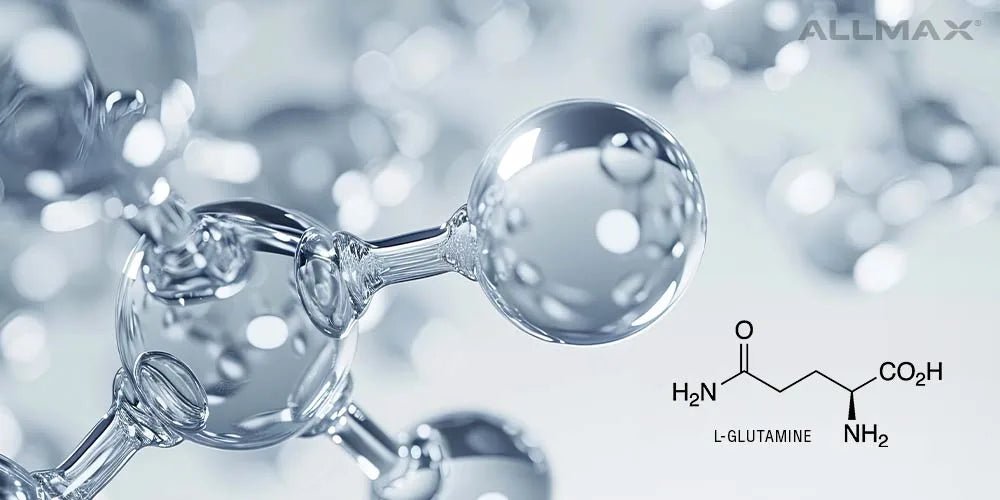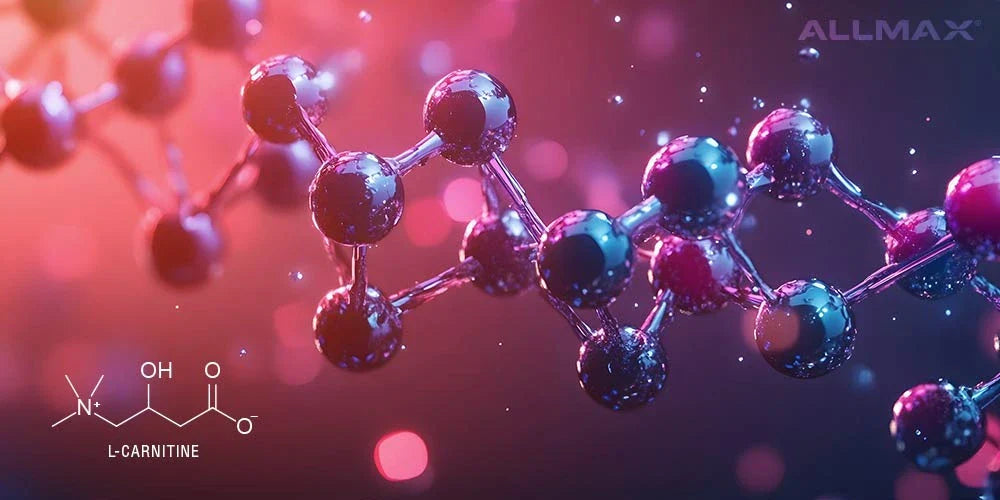Vitamin B6, also known as pyridoxine, plays a crucial role in protein metabolism, neurotransmitter production, and immune system support. It is essential for both overall health and optimal athletic performance.
What is Vitamin B6?
Vitamin B6 is a water-soluble vitamin that exists in several forms: pyridoxine, pyridoxal, and pyridoxamine. These compounds are all converted into the active form, pyridoxal 5-phosphate (P5P), in the body.
P5P is crucial because it acts as a coenzyme in over 100 enzymatic reactions. These reactions are involved in many key bodily functions, such as protein metabolism, neurotransmitter synthesis, and the production of hemoglobin. It also plays an important role in supporting the immune system and maintaining healthy brain function.
Because of its involvement in such a wide range of processes, it is vital for maintaining overall health.
What does Vitamin B6 do?
Vitamin B6 serves several important functions:
- Protein and carbohydrate metabolism – essential for amino acid and energy synthesis.
- Neurotransmitter production – supports serotonin, dopamine, and GABA function.
- Immune system support – aids in antibody production.
- Regulation of homocysteine levels – contributes to heart health.
- Hemoglobin production – helps transport oxygen in the blood.
Benefits of Vitamin B6 for Athletes
Athletes particularly benefit from vitamin B6 because:
- It supports muscle recovery – aids in amino acid metabolism.
- It improves physical performance – facilitates glycogen conversion to energy.
- It reduces fatigue – enhances oxygen transport to muscles.
Allmax products such as MusclePrime and Aminocore contain ingredients that support recovery and endurance, making them ideal choices for active individuals.
Vitamin B6 Benefits for Female and Male
For Women:
- Eases PMS symptoms – reduces mood swings and water retention.
- Supports skin and hair health – contributes to collagen production.
- Helps regulate hormones – aids in estrogen metabolism.
For Men:
- Improves brain function – supports memory and concentration.
- Enhances muscle strength and recovery – essential for protein synthesis.
- Supports testosterone production – found in supplements like ZMX2 , TestoFX Sport
Side Effects of Vitamin B6
Vitamin B6 is safe in recommended doses, but excessive intake may cause:
- Numbness in the limbs.
- Neurological disorders.
- Digestive issues.
How Much Vitamin B6 Should I Take Per Day?
The recommended daily intake is:
- 1.3 mg for adults
- 1.7 mg for older adults
Athletes may require higher amounts, making supplementation with products like MuscleEAA XTREME , Aminocore , RapidCuts Xtreme , Vitaform and Vitastack beneficial.
Ensuring adequate vitamin B6 intake through diet and supplements helps maintain optimal body function and improve athletic performance.
References:
- Telford, R. D., Catchpole, E. A., Deakin, V., Hahn, A. G., & Plank, A. W. (1992). The effect of 7 to 8 months of vitamin/mineral supplementation on athletic performance. International Journal of Sport Nutrition and Exercise Metabolism, 2(2), 135-153.
https://journals.humankinetics.com/view/journals/ijsnem/2/2/article-p135.xml - Zhou, L., Mozaffaritabar, S., Kolonics, A., Kawamura, T., Koike, A., Kéringer, J., ... & Radák, Z. (2024). Long-term iron supplementation combined with vitamin B6 enhances maximal oxygen uptake and promotes skeletal muscle-specific mitochondrial biogenesis in rats. Frontiers in nutrition, 10, 1335187.
https://www.frontiersin.org/journals/nutrition/articles/10.3389/fnut.2023.1335187/full




